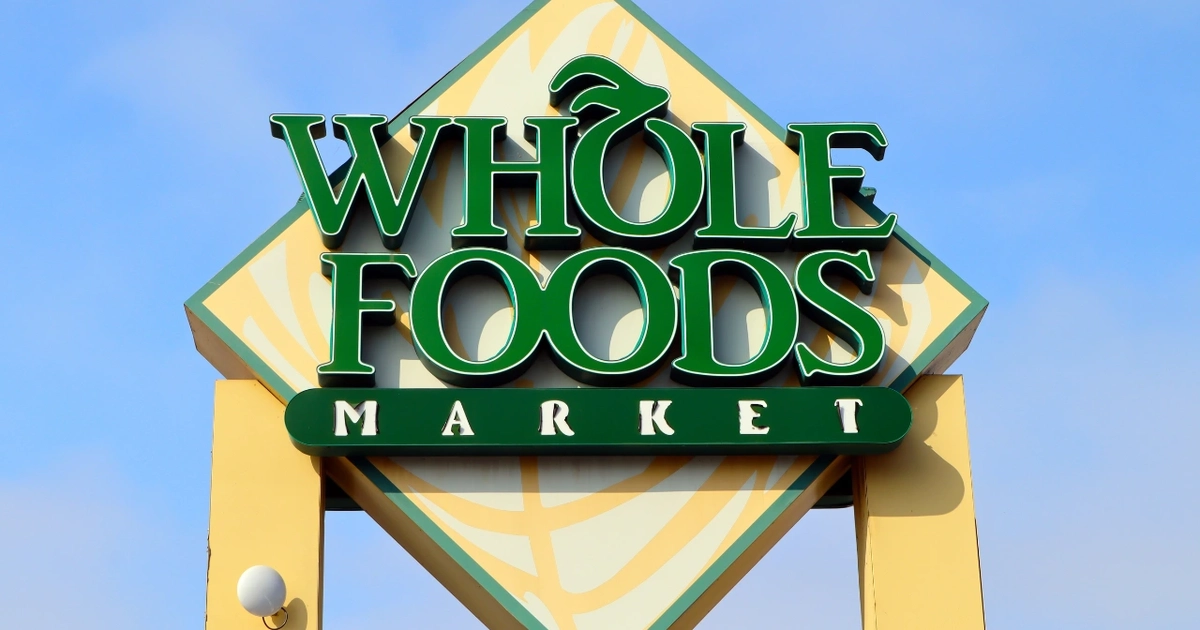
The U.S. Supreme Court has agreed to hear a case involving Whole Foods in which plaintiffs in Texas claim that trace amounts of heavy metals in Earth’s Best baby food caused their child’s autism.
The high court is not hearing the case based on those specific claims but instead based on the way the case has moved through the court system.
Whole Foods, which is based in Austin, Texas, and owned by Amazon, was initially dismissed as a defendant in the case when it was moved from state court to federal court. The case was moved to federal court because Hain is based in Delaware and New York, and therefore the state court in Texas did not have jurisdiction.
After the federal court found that Hain Celestial Group, the maker of Earth’s Best, was not liable for causing the autism of the plaintiffs’ child, the plaintiffs appealed the case and added new charges against Whole Foods. By accusing Whole Foods of making “express factual representations” about Hain baby food, the plaintiffs said, the entire case should be retried in Texas state court because the plaintiffs—Sarah and Grant Palmquist—are based in Texas.
The Fifth Circuit Court agreed with the plaintiffs and sent the case back to the Texas state courts. Now Hain and Whole Foods have petitioned the Supreme Court to preserve the original finding in favor of Hain and to rule that the plaintiffs should not have been allowed to add new accusations against Whole Foods after the retailer had been removed from the case.
Whole Foods, Hain Celestial, and attorneys for the plaintiffs could not be reached for comment.
Retailers generally exempt from liability
Under Texas law, retailers are generally exempt from liability in legal claims against manufacturers of products that they sell, according to the petition to the Supreme Court filed by Hain and Whole Foods. However, the plaintiffs allege that Whole Foods should be an exception in this case because the retailer made claims about the safety and quality of the baby food that the plaintiffs had relied upon.
The original lawsuit is among several that have been filed against baby food manufacturers alleging that heavy metals in their products cause autism or attention deficit hyperactivity disorder (ADHD). In all but one of those cases, no retailers were accused, according to the petition to the Supreme Court filed by Hain and Whole Foods. In the one case in which a retailer was named as a defendant, the courts granted the defendants’ motion to dismiss them from the case, the petition states.
In their own words: A “waste of resources”
“The decision of the Fifth Circuit directly conflicts with decisions of other courts of appeals … and egregiously wastes judicial and party resources with no apparent benefit,” Hain and Whole Foods said in their petition for a Supreme Court review.
发表回复